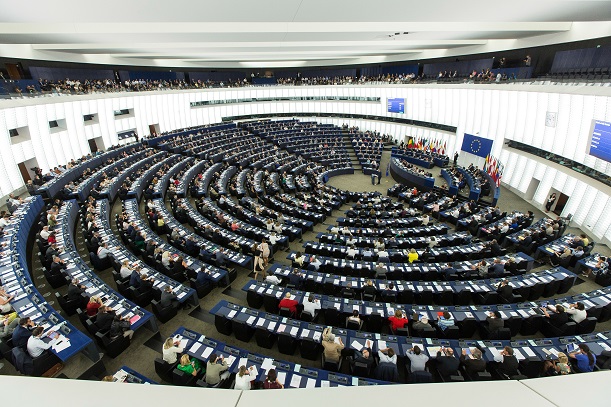Jean-Claude Juncker’s state of the union address offered that rarity from a public figure; a mea culpa, an acceptance the European Union had got it wrong, specifically on the rollout of LTE.
In a wide-ranging, and somewhat gloomy, speech on Wednesday that spanned the UK’s recent Brexit vote, an ongoing refugee crisis and economic difficulties across the continent, Juncker outlined fresh proposals to bringing about a truly connected Europe.
At the heart of it lies 5G and Wi-Fi. A 5G Action Plan will focus on ensuring operators have adequate spectrum for next generation services and ensuring “more favourable conditions” for deploying the likes of small cells and other infrastructure.
Provisional bands will be made available ahead of 2019’s World Radio Communication conference and work will be launched on authorising 5G bands above 6GHz.
Spectrum policy will also confusingly be affected by a new Electronics Communications Code announced in the wake of Juncker’s speech this morning. The code is suggesting long licence durations and “more stringent” demands for efficient spectrum use.
The code is designed in part to ensure the timely release of spectrum and a more converged approach to spectrum across the continent’s different markets.
In an admission it had mistakes in its approach to LTE, the Commission said: “The EU was the first to develop…4G but was late and slow in deploying it compared to other regions such as the USA and South Korea. A delayed and fragmented assignment of radio spectrum had a negative impact on wireless network coverage and penetration in Europe.
“The EU cannot repeat this mistake with the next generation of communication networks, 5G. The result of the slow availability of spectrum resources in Europe is that it affects possibilities and incentives for operators to invest in the development of their networks and, consequently, it causes a lengthy delay in the launch of innovative services.”
It said lessons were beginning to be learned, noting its work on freeing up 700MHz spectrum. This patting itself on the back might result in wry smiles at the GSMA, which has previously argued the Commission isn’t moving quickly enough.
Looking ahead, it said it wants industries spanning the likes of logistics, health, manufacturing and energy to join forces with the telco sector in developing a vision for 5G.
Preliminary trials under the 5G-PPP initiative will take place from next year onwards, following by pre-commercial trials in 2018.
It repeated its goal of having at least one “5G-enabled” city in every EU member state by 2020. To help this, it will increase the original €700 million spend on the Horizon 2020 5G project, launched in 2013, to more than €3.5 billion.
By 2025, the Commission wants 5G across the continent, bringing gigabit connectivity to households and enterprises. It is also pushing for increased broadband connectivity for citizens and enterprises in both urban and rural areas.
The code also aims to lighten the regulatory burden on telcos and includes updated broadband targets.
Finally, the Commission is looking to Wi-Fi to bring connectivity to all, across the likes of public buildings, healthcentres, or public spaces.
It is backing the WiFi4EU project with an initial spend of €120 million, predicting a minimum of 6,000 to 8,000 communities should be reaping the benefits from it by 2020.
Andrus Ansip, Vice-President for the Digital Single Market, said: “Without first-class communication networks, there will be no Digital Single Market. We need connectivity that people can afford and use while on the move. To achieve that, spectrum policies must be better coordinated across the EU. More competition and further integration of the European market will allow us to reach these goals, helped by the right environment created by the new Communications Code.”


